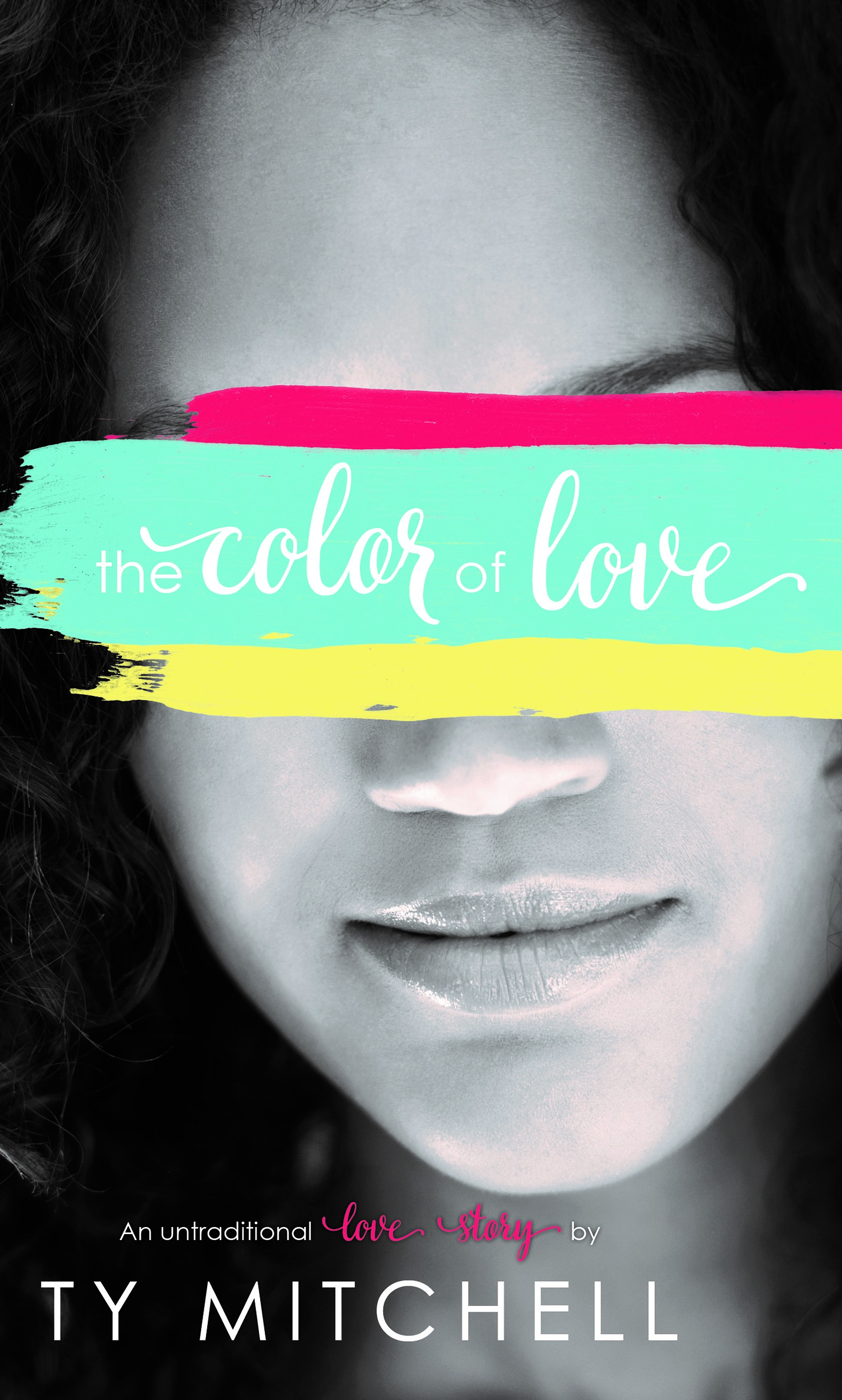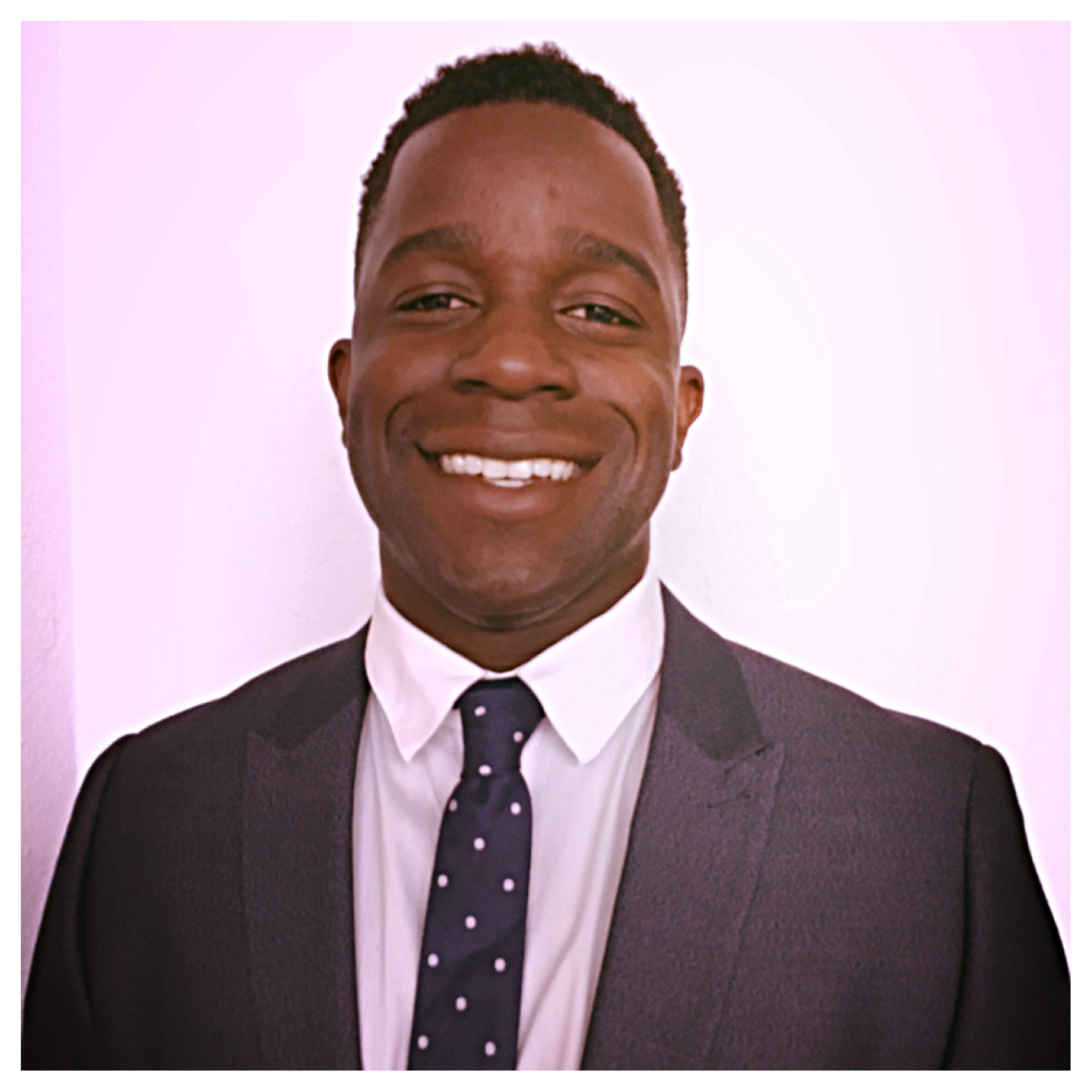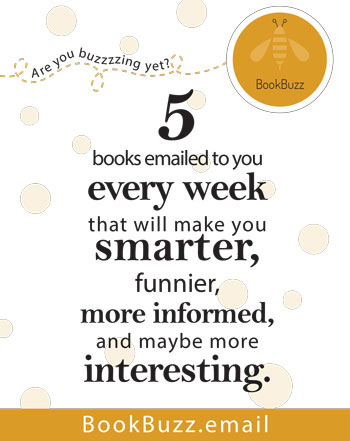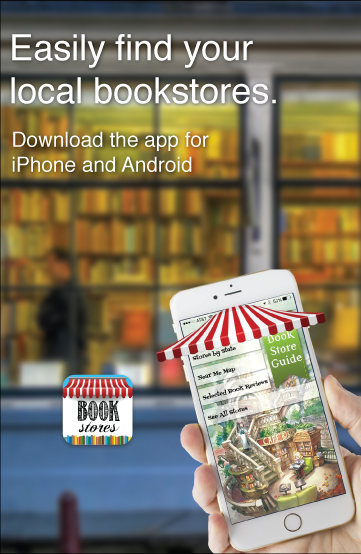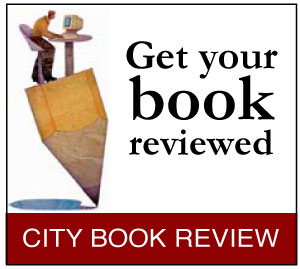Tell us a little bit about yourself and how you came to write your book.
I was born in Philadelphia, but raised in Atlanta (along with my two younger brothers) by my mother and grandmother. Ever since I was a kid, I had a fascination with storytelling. According to my mother, it was called lying, but there was always something about telling a story, whether it was to entertain or get out of trouble, seeing people believe that story, and having them react to it. The reaction is what I believe every writer, or any creative person for that matter, craves.
Fast-forward to my college days, I was meant to be the best animator of the world. I’d picked up drawing as a kid and would create little stories out of already famous cartoons. It wasn’t until I took a class my sophomore year, called Screenwriting for Animators, that my path would change forever.
I ABSOLUTELY fell in love with writing. That was the first time in my life that I could see myself doing something for the rest of my existence. I dropped out of college and became a self-taught screenwriter, but that road was long and bumpy. In fact, my first book came from the frustration of being a struggling screenwriter. I couldn’t find an agent or manager. I couldn’t place in any screenwriting competition. I’ve had plenty of deals and opportunities fall through because everyone has a boss. And just because one person likes your work doesn’t mean their boss will. So I turned to self-publishing and never looked back.
What was this book about, and where did your decision to write it come from?
The Color of Love is a contemporary romance about finding your place in the world. It tackles a lot of taboo issues (i.e., infidelity, homosexuality, race, misogyny, the dynamics of different types of relationships [personal and business]) and it fleshes those problems out of the characters to make them seem like real people with real issues.
A lot of audiences read books or watch movies to get away from some of the harsh realities of the world, but The Color of Love goes head on with those realities and forces the characters to deal with them, whether it’s the right or wrong way. On the cover, it says “An Untraditional Love Story,” and I like to think this story holds true to that.
I decided to write this book because it was originally one of those screenplays I alluded to earlier that had the potential to be produced by an indie production company. It didn’t work out (obviously), but there were no hard feelings; and instead of letting it collect electronic dust on my laptop, I decided to turn it into a book.
How long did it take you to write the book?
It took about six months to write this book. Now that I’m working on my second book, I feel like that wasn’t nearly enough time to polish the first one properly. You have to be careful when you’re self-publishing, because you don’t have a gatekeeper holding you back. Which means you can push that green button whenever you want.
The problem with my situation was that I was still a little bitter from tripping over every hurdle in the screenwriting marathon. So that pushed me into a mental space where I wanted to prove to the world that I could do it on my own, which in turn, caused me to rush my process. Don’t get me wrong, I am extremely proud of The Color of Love, and it was the most exciting thing I’ve done in my writing career thus far. But I could have been a little more patient with myself and not worry about what’s going on outside my creative bubble. This project that I’m working on now has me focused, and I’m taking my time with it.
Did you have a publisher or agent? If not, was it by choice?
If you made it this far you should have a pretty good grasp on how I feel about the gatekeepers. I did not have a publisher nor an agent, and that was 100% my choice. I had this mantra I adopted and still live by to this day, which is… “Take control of your future”.
With the transition from screenwriter to author, I just decided to make my own way. I was tired of waiting for the approval of someone on the other end of an email to pass my work on to the next person. I was tired of trying to fit in with the standards of someone with a slither of importance in the industry to deem my work marketable enough to pull from the slush pile. So I decided to do it on my own, and it worked out for me because I’m a hands-on person when it comes to my process anyway, so it was no problem for me to learn something new if it meant getting more exposure.
Did you use anyone to help with the finished design?
Yes! One of the biggest things I demanded of myself when I decided to self-publish was my book had to be as professional as possible. I’m not going to say cost wasn’t an issue, but I was willing to pay a pretty penny to get the results I wanted. After comparing and contrasting the many self-publishing companies available online, I decided to go with CreateSpace. I feel like they did a really good job with the line/copy editing, the formatting, and the cover design. There are cheaper alternatives, but again, I was very particular when it came to the quality and presentation of my book.
When did you start preparing to market your book? What kind of research did you do?
There is late and then there’s too late. I was somewhere in the middle, leaning more towards late. Some would argue that it’s never too late to market your book, but it could potentially hurt your sells like it did mine.
Launch day is the MOST important day of your book’s never-ending life. Authors generally get most of their sales the first week their book is released, so you would think an author would be doing everything in his/her power beforehand to get as much buzz as possible. Not this guy. I’m going to tell you where I got my marketing inspiration from.
December 13, 2013, iconic recording artist Beyoncé released an album with absolutely NO MARKETING PLAN. NO PROMOTION. Nobody knew what was going on until it happened. Her results? She sold 800K+ copies of her album the first week. The crazy part is no promotion was the promotion. Because it showed up out of nowhere, everyone had to have it (which was a genius plan by her marketing team, by the way).
So I decided to take the no promotion route, which didn’t turn out so well for me. Firstly, as beautiful as I feel with no makeup on, I am no Beyoncé. So to think I could do what she had done was naïve on my part. Secondly… I’m not Beyoncé! Only someone with an impressive track record in their respective field can pull something off like that. So, a few weeks after my book was released and some lackluster sells, I decided to look into a real marketing plan and found out that I was way behind. A basic Google search led me to marketing firms, marketing books, and marketing websites, and it all narrowed in specifically on self-publishing. I focused and did the best with what little time I had. It’s never too late because I still promote The Color of Love every chance I get, but I wish I could get a re-do on that first week.
What is the difference between your book and other books on the subject?
I think my book takes an unorthodox course to the truth. I don’t think it’s necessarily a better than any other book, but it definitely breaks the mold for traditional romance novels. The thing I get the most feedback on is the ending. Either people love it or they don’t, and that’s okay.
My intention was to start a polarizing conversation ––to leave you guessing until the very last spoken word by Daisy (the main character). Even after the chips fall, and we know this is how the story is going to end, do we know that it will stay? It’s a bit edgy, and some people didn’t really appreciate the ambiguity at the end, but I’m all for pushing the envelope and doing something different.
Did you use an outside publicity or marketing firm?
I did not.
Did you use any paid advertising or posts? Did you use social media, guest posts, interviews or other personal marketing?
I did, and from my experience, you have to be very careful when paying for advertisement or boosting a post on social media because that could be money going down the drain. Thousands of people were seeing my ads on Amazon, GoodReads, Twitter, Facebook, Google+, Pintrest, and other social media platforms every day, but those numbers weren’t translating into sales.
I honestly wasted more money than I should have, because using paid advertising isn’t some magic machine that gets you more sales.You don’t just throw money into it and sit back and enjoy the rewards. It’s much deeper than that. You have to go to where your audience is and engage. I found that people appreciate it more when they feel like they’re investing into a human instead of an ad. But you have to be careful with engaging as well, because you can come off as pushy. Find your balance and get familiar with your community of readers in the genre.
Where did you get your first reviews for the book? How did you discover which places to get reviews?
My first review ever came from the love of my life, my wife. She’s very supportive and holds no punches, which are two great qualities your personal beta reader should have. A few reviews followed on Amazon from family and friends, but my first official review from someone I didn’t know came from one of my stops on my virtual book tour.
I went with Enchanted Book Promotions, and the job was decent, given the last-minute circumstances and price. Every few stops, I would get book reviews from bloggers. Sometimes they would post it on Amazon or Goodreads, which was good for my profile. Then I upgraded to using professional book review companies.
Kirkus seems to be the top-rated service for indie authors to get their books reviewed, and they have the credentials to back it up. Their prices were a little too steep for me, so I decided not to go that route. But there are cheaper alternatives that are just as good. Places like the City book Review (they have multiple city options), IndieReader, and SPR Review, are all viable options if you want a solid review at a good cost.
*Side Note* make sure you do all of this, months BEFORE your book launches because:
- The turnaround for your review ranges between two and sixteen weeks, depending on how much you pay.
x - If this is your first book, then you need a leg to stand on. People need to be persuaded to give you their hard-earned money and will use that one excuse not to buy your book before the hundreds of other reasons why they should. Bottom line, book reviews give you validation, so use it to your advantage.
What marketing event or plan was your most successful? How did you come up with the idea, and how did you execute it?
My most successful marketing event was the book giveaway through Goodreads. It lasted 30 days, and almost 2,000 people entered into that contest. It was something I saw working for other people, so I tried it myself. Although there were only ten books to give away, almost 900 people added my book to their bookshelf. The winners of the contest not only received a signed copy from me, but they also had a heartfelt message inside.
I tried to gather as much information I could about the area I was sending the book to and make the message as personal as possible. Usually I would just see what’s interesting in their town/city/country and try to relate it to thanking them for entering the contest. That boosted my positive reviews and my following on my blog and social media since that’s all tied together anyway. That personal engagement is stronger than we think.
What are your book sales like?
My sales were god-awful in the beginning. Like I said before, the Beyoncé marketing plan didn’t work for me at all, but over time, I started to see an increase when I did it the right way. It’s still growing to this day. I’m somewhere in the 3,000 range between paperback and eBook. I did opt into KDP select, which is when your eBook can be downloaded for free on Amazon for a certain amount of time. This is a tricky situation because, in theory, your book is being exposed to the millions of Kindle users enrolled in this program to receive free books. That part actually worked.
My book was downloaded another 10,000 times for free. The short end of the stick comes into play when it didn’t translate into sales or that many customer reviews. So, if you’re lucky, the concept can work wonders for you. You give your book out for free in the beginning –– potentially have thousands of readers download it –– and if you get half of them to give you favorable reviews, that can rank you high on Amazon’s author ranks. This, in turn, brings more readers, which means more reviews, which means more sales. It didn’t work out that way for me, but, again, I started the race way too late to capitalize. But it’s ok because every mistake is a lesson.
What books influenced your writing and your book marketing?
When I was a kid, I was a huge fan of the Goosebumps books by R.L. Stine. Naturally, that evolved into my love for Stephen King. Recently I’ve grown to love Walter Mosely and his Easy Rawlings series. But if I’m being 100% honest, since I started out as a screenwriter, I was reading more screenplays. Quentin Tarantino, Shane Black, Martin Scorsese, Spike Lee, John Singleton, Kevin Smith –– and many more I can name –– all had some type of influence on my writing.
One of the strongest points of my writing that I hear from critics is that my dialogue sounds real. The characters feel real because they speak a certain way that a regular person would speak, but it’s entertaining at the same time. That’s because I used to read a lot of screenplays.
Some good marketing books you can pick up are:
- 9 Strategies to BUILD and GROW Your Author Platform by Shelly Hitz
- How To Get Honest Reviews: 7 Proven Ways to Connect with Readers and Reviewers by Shelly Hitz
- A Year of Book Marketing Part 1 by Heather Hart
What tools do you use for marketing or writing?
For marketing: Goodreads advertisement for authors, Amazon Advertisement, and Facebook (sometimes).
For writing: I use Microsoft Word. I don’t worry about the formatting, because I pay Createspace to do it for me, but if you want to cut some corners, there’s a guy named Derek Murphy on YouTube who shows you how to format your manuscript yourself through Microsoft Word. Click on his name to watch some of his videos. They’re very helpful.
What tips or suggestions would you give to someone else getting ready to publish or market a book?
The best advice I can give an author getting ready to embark on the journey of publishing and marketing is a life lesson a mentor once told me (which ironically ties into writing). And it’s, “Don’t base your chapter 1 off of someone else’s chapter 20.” I say this because I unintentionally did this before I even typed a word of my book.
I began by weighing the pros and cons with self-publishing vs traditional publishing very early. Part of my research included getting the title of books that went through the self-publishing process, finding them on Amazon, and seeing how well they performed. I stumbled across this gem that would seem like a perfect match in heaven for me.
Wrong by Jana Aston had all the elements I was looking for. It was a romance novel. It was about the same word count I was going for. It was published through CreateSpace (who I was leaning towards anyway). And, to top it all off, it was her debut novel, just like me. The blueprint was there. All I had to do was follow it (or so I thought).
Week after week, I watched her book climb the ranks on Amazon. Eventually, it ended up becoming a New York Times bestseller, and that’s when I lost it. I was so happy for her success; I just assumed the same was destined for me, because I was following her footsteps.
But she was at her chapter 20 and, technically, I haven’t even started my first chapter.
I was so hungry for information that I messaged her on Facebook to pick her brain. She was gracious enough to reply back within a day and gave me some pointers. She even encouraged me a little by showing some support for my scribe dreams.
So with my Jana Aston blueprint in hand, my Beyoncé marketing plan, and my vendetta against the gatekeepers, I was ready to take the world by storm.
*I’m actually laughing hysterically as I type this because now I’m wondering, “What the hell was I thinking?!”*
Needless to say, things didn’t go as planned and I ended up resenting myself a little for it, but that leads me to my point:
You can’t compare your journey to someone else’s. Don’t be discouraged if you’re not where you want to be in your writing career at the moment. Your time will come if you work hard enough. Nothing is given to you, and in this business, one’s man’s trash is another man’s leftovers. And his leftovers are someone else’s lunch. And that person’s lunch is someone else’s feast. You have to keep working until you finish the “story.” Then it’s on to the next book. Because, as writers, we’re never finished. There’s always a new, fresh idea for a story that pops in our heads –– a rogue character that you can build multiple levels or a sequel to your last project. We-never-stop-writing, and that’s what makes us great.
